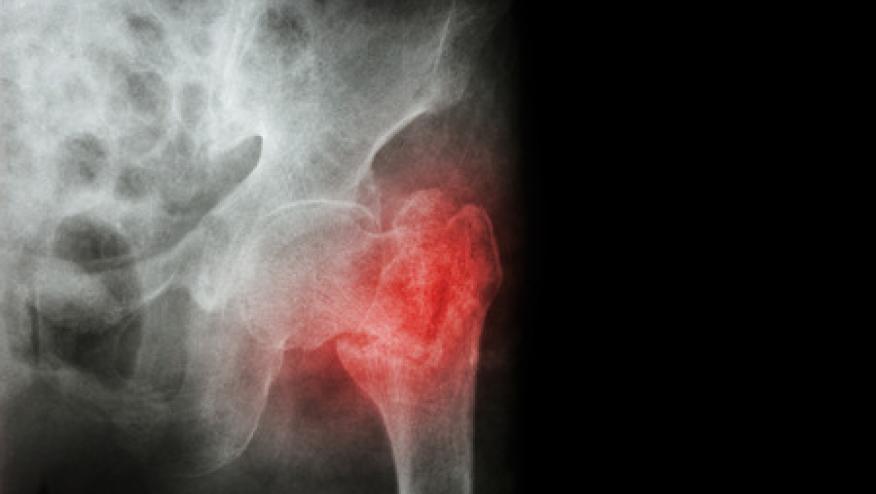USPSTF Recommendations on Vitamin D, Calcium Supplementation to Prevent Fractures Save

Because of the aging population, osteoporotic fractures are an increasingly important cause of morbidity and mortality in the United States.
JAMA reports that the U.S. Preventive Services Task Force (USPSTF) reviewed the evidence on vitamin D, calcium, and combined supplementation for the primary prevention of fractures in community-dwelling adults (defined as not living in a nursing home or other institutional care setting). The review excluded studies conducted in populations with a known disorder related to bone metabolism (eg, osteoporosis or vitamin D deficiency), taking medications known to be associated with osteoporosis (eg, long-term steroids), or with a previous fracture.
According to the article, the USPSTF found inadequate evidence to estimate the benefits of vitamin D, calcium, or combined supplementation to prevent fractures in community-dwelling men and premenopausal women. The USPSTF found adequate evidence that daily supplementation with 400 IU or less of vitamin D and 1000 mg or less of calcium has no benefit for the primary prevention of fractures in community-dwelling, postmenopausal women. The USPSTF found inadequate evidence to estimate the benefits of doses greater than 400 IU of vitamin D or greater than 1000 mg of calcium to prevent fractures in community-dwelling postmenopausal women. The USPSTF found adequate evidence that supplementation with vitamin D and calcium increases the incidence of kidney stones.
The USPSTF concludes current scientific evidence is insufficient regarding the use of vitamin D and calcium, alone or in combination, to prevent fractures in men and premenopausal women. The USPSTF recommends against daily supplementation with 400 IU or less of vitamin D and 1,000 mg or less of calcium to prevent fractures in postmenopausal women. Current scientific evidence is insufficient regarding the use of vitamin D and calcium at doses greater than 400 IU of vitamin D and greater than 1,000 mg of calcium in postmenopausal women.
These recommendations do not apply to persons with a history of osteoporotic fractures, increased risk for falls, or a diagnosis of osteoporosis or vitamin D deficiency.
The USPSTF routinely makes recommendations about the effectiveness of preventive care services. This latest recommendation statement is an update of the 2013 recommendation on vitamin D supplementation, with or without calcium, to prevent fractures.










If you are a health practitioner, you may Login/Register to comment.
Due to the nature of these comment forums, only health practitioners are allowed to comment at this time.